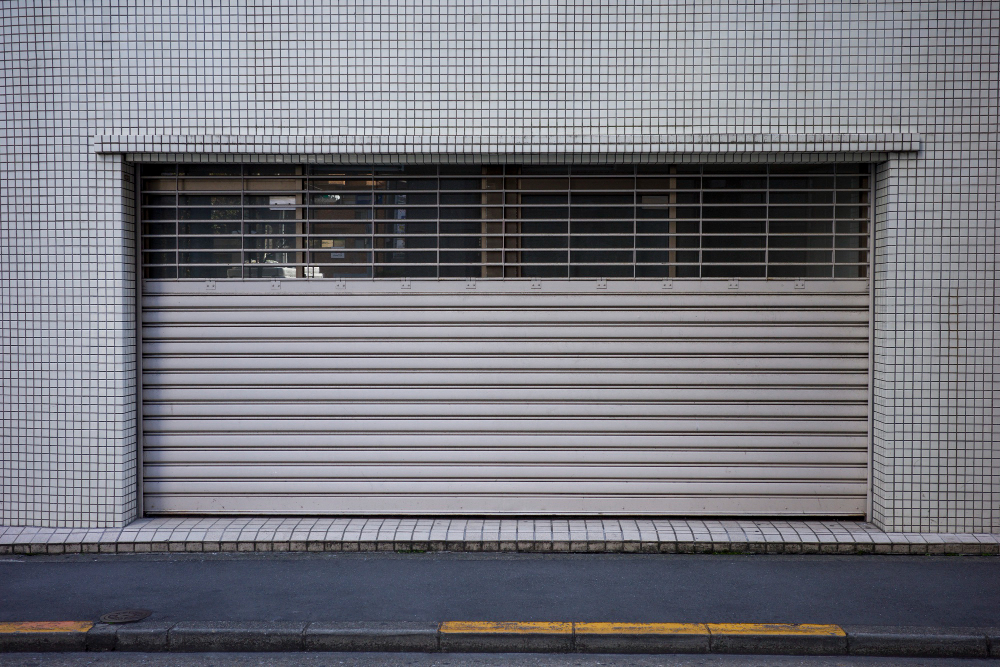
Have you ever had one of those days where you return home after a grueling day at work, and the only thing you want is a smooth entry into your sanctuary? But, just when you think you’re about to unwind, your garage door refuses to budge to the button. It’s a scenario that can turn your peaceful evening into a frustrating puzzle.
The culprit? Often, it’s a broken spring.
Most homeowners find themselves in this situation without a clue about how garage door springs work, what triggers their breakdown, or how to deal with the situation effectively. Thankfully, it’s fixable with professional help. That said, there are several reasons why garage door springs can break, some of which are entirely preventable. Here are the 3 top ones:
1. Normal Wear and Tear
Garage door springs, like any mechanical component, have a finite lifespan. They’re designed to withstand a certain number of cycles.
Let’s put it into perspective. The typical, correctly installed torsion springs can endure around 10,000 cycles on average. A cycle, in this context, refers to the complete process of the garage door opening and closing.
Now, let’s consider your daily routine. Even if you were to leave and return home just once during the day, that equates to a minimum of two cycles–one when you leave and another when you return.
Over a year, this adds up to a whopping 730 cycles. In such an ideal scenario, a garage door spring would last over ten years. Quit impressive, right?
Not really.
The truth for the majority of individuals is considerably more challenging. The typical homeowner operates their garage door numerous times daily, accumulating a substantial number of cycles. Indeed, it’s entirely feasible to reach the 10,000-cycle threshold in roughly a year!
This continuous wear and tear significantly shortens the lifespan of garage door springs, making their failure a common and frustrating issue for homeowners.
2. Poor Maintenance Practices
Like your car or any other machine, your garage door system needs regular maintenance to perform at its best. Unfortunately, many homeowners don’t even think about their garage doors until something goes wrong. Neglecting maintenance can significantly accelerate the wear and tear on your garage door springs.
Some of the garage door maintenance routines that can extend the life of your garage door springs include lubrication, conducting visual inspections, and tightening loose components.
Another critical aspect of maintaining your garage door springs is ensuring you’ve installed the correct springs for your door. When incorrect springs, such as the wrong length or wire size, are in place, your garage door springs are more likely to fail prematurely.
Correctly maintained and constructed garage doors should have two torsion springs, one on each side. Some garage door installers opt for one long spring spanning the entire door, which is acceptable for smaller or lighter doors.
However, for an average-sized garage door, we recommend using two springs to share the weight load of raising and closing the door. Using a single spring not only shortens the spring’s life cycle, it also results in significant damage when failure eventually occurs.
3. Extreme Temperature Fluctuations
The weather can have a surprising impact on your garage door springs. It’s not just the rain or snow you need to worry about. It’s the temperature fluctuations.
Garage door springs are typically made of steel. For that reason, extreme cold or heat can cause them to contract or expand, leading to stress and eventual failure.
It’s like when you subject your body to extreme temperature changes. It can lead to discomfort or even health issues. Garage door springs are no different. They can become brittle in the cold, making them more prone to snapping.
Conversely, excessive heat can lead to a reduction in their potency, diminishing their overall performance. To mitigate these consequences, we suggest acquiring an insulated garage door. It helps regulate the temperature.
Conclusion
Garage door spring breakage is more common than you might think, and it can be a real headache. But now that you know the main reasons that make garage door springs break, you’re in a better position to prevent it. Among them, regular maintenance, being mindful of temperature fluctuations, and understanding the limitations of your springs can go a long way in keeping your garage door running smoothly. Besides that, if your garage door spring breaks, a professional can get it functioning again more quickly.
At Capital Garage Door Ottawa, we are dedicated to providing exceptional garage door servicing and maintenance. Our aim is not just to address the current issue but also to guarantee the enduring dependability of your garage door. Reach out to us for all your garage door requirements today!

